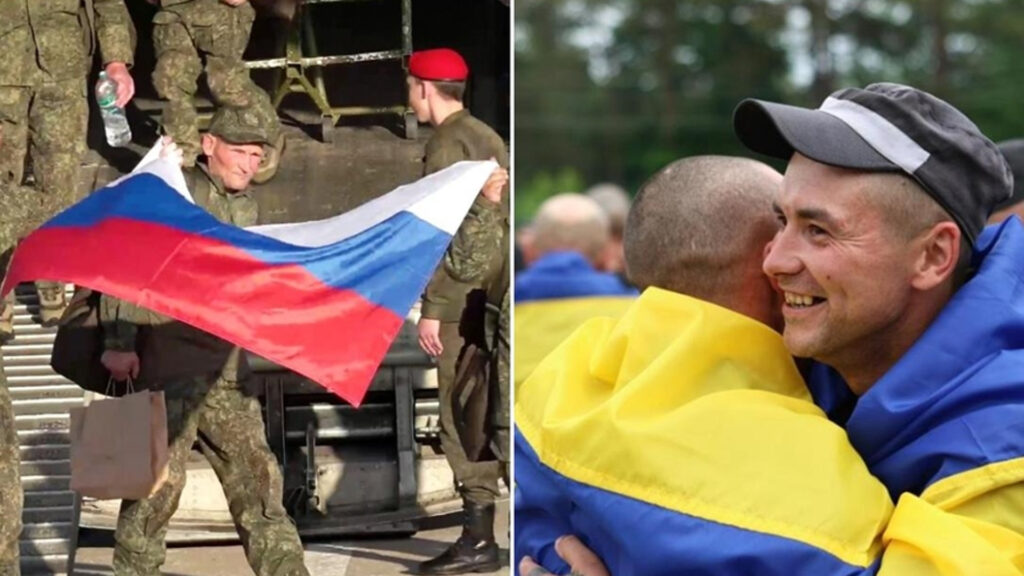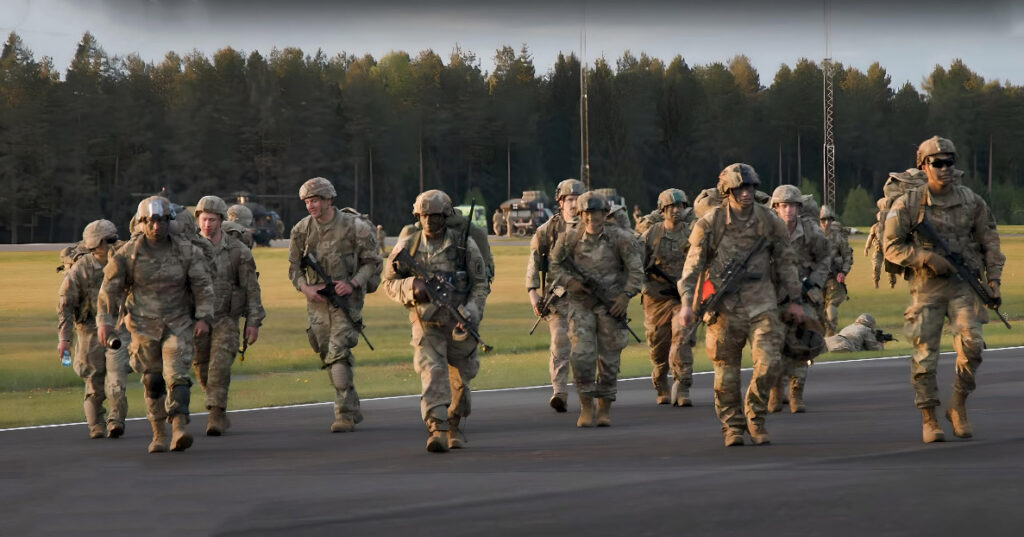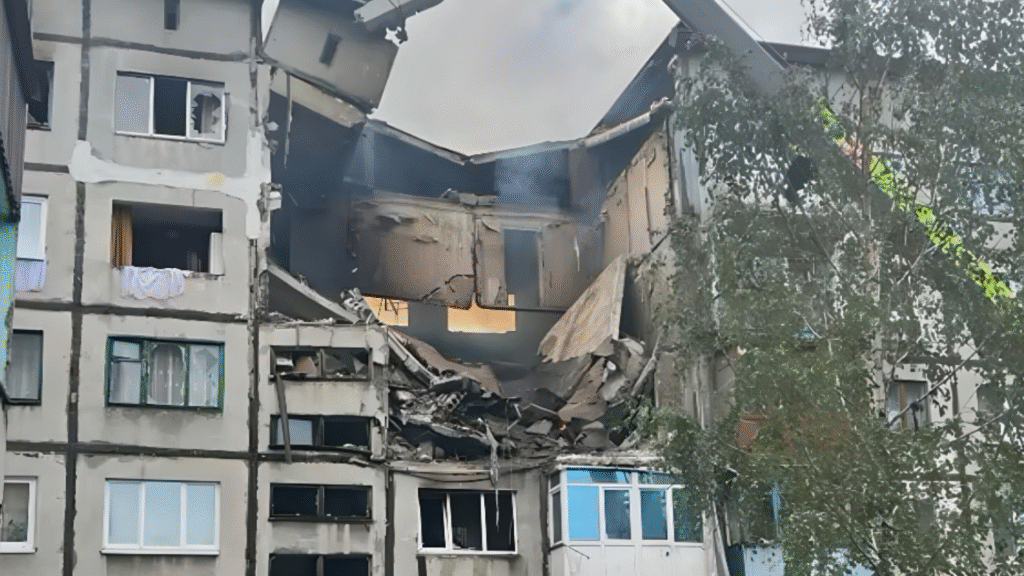On June 26, 2025, Russia and Ukraine carried out another significant phase of detainee exchange as part of an agreed humanitarian initiative. The operation took place on neutral ground, facilitated by intermediaries who played a crucial role in coordinating the effort. Defense officials from both sides confirmed that the exchange was conducted on a parity basis — with equal numbers of servicemembers returned to each country.
This event is part of the agreements reached earlier in June during negotiations in Istanbul. The dialogue, resumed after a long hiatus, focused on humanitarian matters — particularly the return of both the living and the deceased. Both sides agreed to exchange at least 1,200 individuals each, and to repatriate the remains of around 6,000 fallen soldiers. This makes the current series of exchanges one of the largest since the onset of the conflict.
According to Russia’s Ministry of Defense, the released servicemembers were initially transported to Belarus, where they received immediate medical and psychological assistance. They will later be transferred to medical facilities in Russia for further treatment and rehabilitation. The ministry noted that many of those released were seriously wounded, ill, or under the age of 25.
A similar procedure was reported on the Ukrainian side. According to international media, Ukrainian soldiers were brought to northern regions of the country following the exchange, where they were reunited with families and attended to by medical personnel. Many had spent over two years in captivity and require urgent care.
The presidents of both countries publicly confirmed the exchange. The Ukrainian leader emphasized the complexity of the negotiation process, which involves dozens of specialists and requires careful handling of sensitive issues. He noted that “the process of bringing our people home continues,” despite the ongoing tensions and the lack of broader agreements on other matters.
Several countries and international organizations contributed to coordinating the exchange. The host country of the negotiations played an especially prominent role, taking responsibility for logistics and medical support for the parties involved. According to media reports, the exchanges have been conducted in stages since June 9 — beginning with the most vulnerable groups, including the wounded and those captured early in the conflict.
Despite the progress in humanitarian coordination, broader talks aimed at conflict resolution remain stalled. Diplomatic sources indicate that discussions in Istanbul are limited to technical arrangements, without addressing deeper political and territorial disputes. Participants in the process stress that maintaining communication through humanitarian channels helps to reduce tensions and return people to their families under difficult conditions.
Observers highlight that conducting prisoner exchanges amid ongoing hostilities requires an exceptional degree of coordination and trust. While such actions do not imply political reconciliation, they offer a glimpse of potential for dialogue on other sensitive issues — should the necessary diplomatic momentum be found.



